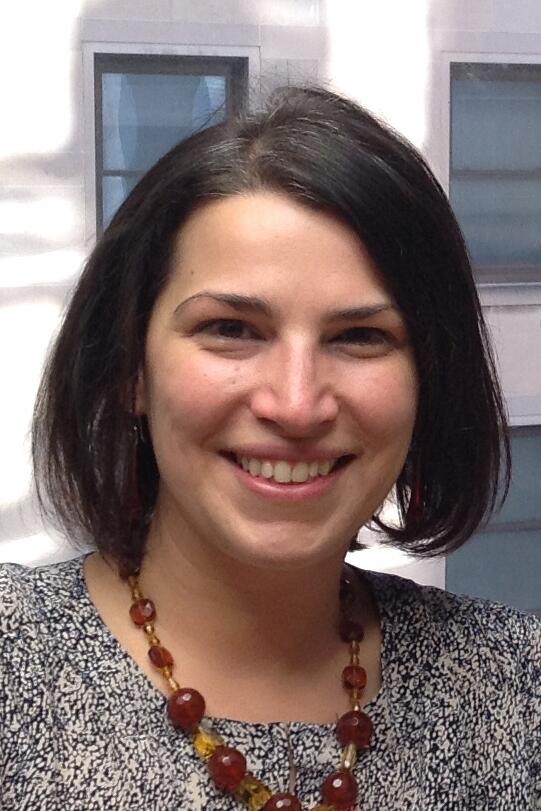
Aug. 7, 2018
VCU-led study finds supportive evidence for community-based diabetes management program
The findings endorse implementation of similarly structured programs to address health disparities
Share this story
Participation in a community-based diabetes self-management program may improve health outcomes for people living with diabetes, according to a new study conducted by researchers at Virginia Commonwealth University. The study, “Successfully Managing Diabetes in a Community Setting: Evidence from the YMCA of Greater Richmond Diabetes Control Program,” published in the August edition of the journal Diabetes Educator.
The VCU research team analyzed data from the YMCA of Greater Richmond Diabetes Control Program, a group-based self-management program led by community health coaches at 16 YMCA and community locations throughout Richmond. In the context of the study, “self-management” refers to an individual’s propensity to monitor their diet, physical activity, medications and glucose testing. The researchers found the Diabetes Control Program was effective at improving diabetes management and mental health. The study findings support implementation of academic-community partnerships to address diabetes-related health disparities in underserved communities.

“While clinical trials had already shown that diabetes self-management programs can help people improve glucose control, the field of public health has not yet done an adequate job of translating that knowledge into the real world,” said first author Briana Mezuk, Ph.D. “We were able to show how a community-led program, which was developed by the YMCA in response to the needs of people with diabetes in Richmond, was effective at improving glucose control and mental health.”
Mezuk is an adjunct associate professor in the Department of Family Medicine and Population Health at VCU School of Medicine and an associate professor at the University Of Michigan School Of Public Health.
During the 12-week program, average hemoglobin A1C levels declined among participants. A1C tests measure blood sugar levels, with lower percentages indicating lower glucose levels in the blood. Program participants also experienced a clinically significant decline in depressive symptoms and a significantly higher frequency of glucose monitoring during the 12-week period.
Nearly 25 percent of people age 65 and older have diabetes, according to the Centers for Disease Control and Prevention. “That means there are literally thousands of people in the Greater Richmond region who could benefit from this program, even if they have been to diabetes education or nutrition classes in the past,” Mezuk said.
The program’s evidence-based curriculum, developed by the YMCA staff with the support of community partners, relies on research from institutions including the Mayo Clinic and the American Heart Association. It includes weekly tracking of food intake and physical activity to monitor carbohydrate consumption and encourages participants to complete 150 minutes of moderately vigorous physical activity each week. The program’s emphasis on diet and physical activity is complemented by activities including a grocery store tour, a hands-on cooking demonstration, group workouts, and free access to a personal trainer and YMCA gym facilities.
“What makes this research-community organization partnership successful is our mutual respect for each other and our shared goal of improving the lives of people with diabetes in Richmond,” Mezuk said. “There is growing recognition of the importance of community-led programs for helping people manage diabetes where they live, work and play, and the YMCA of Greater Richmond Diabetes Control Program is a great example of the type of program that could be transferrable to other communities.”
The research was funded by the VCU Council for Community Engagement.
Subscribe to VCU News
Subscribe to VCU News at newsletter.vcu.edu and receive a selection of stories, videos, photos, news clips and event listings in your inbox.












